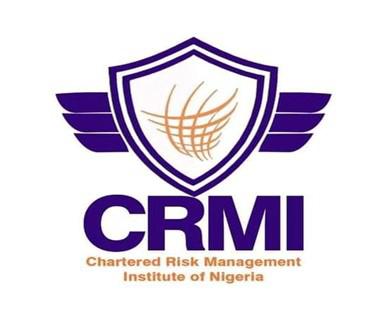Nigeria must strengthen its institutions, improve data reliability, and entrench ethical leadership if it hopes to withstand future economic shocks and global uncertainties. This was the central message at the 24th Annual International Conference of the Chartered Risk Management Institute of Nigeria (CRMI), which concluded recently.
The conference, themed “Global Risks, Local Solutions,” convened leading policymakers, regulators, economists, and financial experts to examine how Nigeria can navigate global volatility while fostering resilience within its economy.
Delivering his remarks, CRMI President and Chairman, Mr. Kevin Ugwuoke, underscored the urgency of adopting proactive, risk-based strategies to safeguard fiscal stability.
“Nigeria’s long-term competitiveness depends on how effectively we anticipate, prepare for, and mitigate economic shocks,” he said.
Echoing this sentiment, Dr. Chinyere Almona, Director-General of the Lagos Chamber of Commerce and Industry (LCCI), warned that climate change, inflationary pressures, and weak governance continue to undermine investor confidence and threaten sustainable growth.
Adding to the discussion, Prince Semiu Adeniran, Statistician-General of the National Bureau of Statistics (NBS), highlighted Nigeria’s structural imbalances and urged decision-makers to utilize rebased GDP data to drive more informed and impactful policy reforms.
Beyond the economic analyses, the event also featured panel discussions on food security and agricultural resilience, where representatives from the Bank of Industry (BOI) and Nigeria Social Insurance Trust Fund (NSITF) shared insights on climate adaptation financing and social protection mechanisms for vulnerable populations.
In its final communiqué, the conference called for regional cooperation, policy consistency, and deeper partnerships between risk managers and financial institutions. These, experts agreed, are vital for reducing systemic vulnerabilities and empowering underserved sectors of the economy.
By the end of the conference, one message resonated clearly — Nigeria’s path to stability will be determined not just by policies, but by the strength of its institutions and the integrity of those who lead them.

